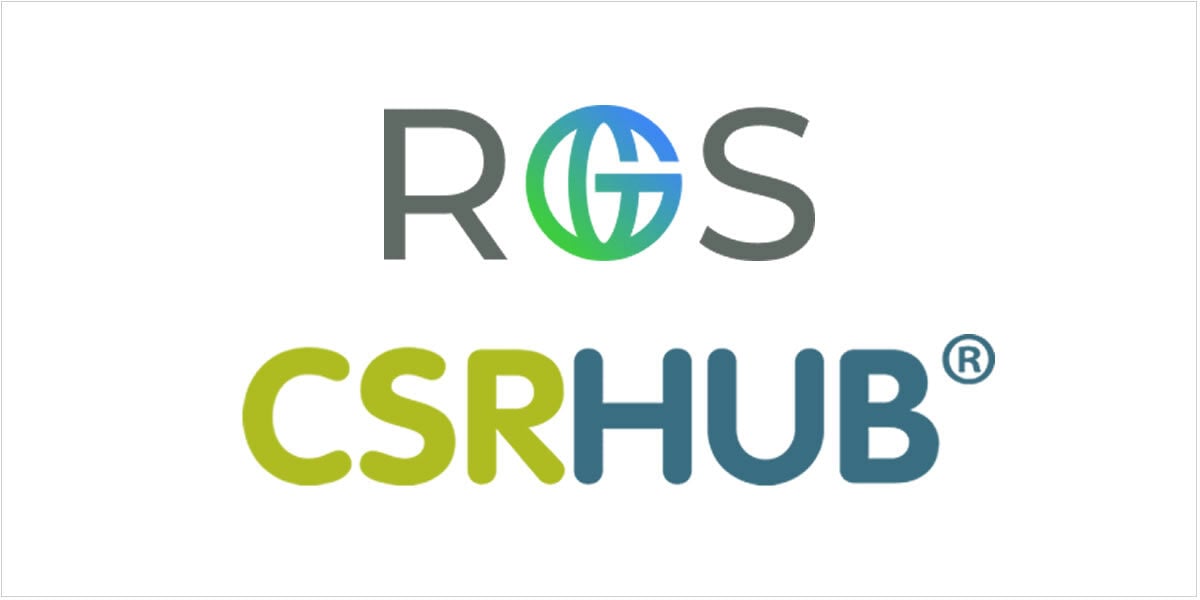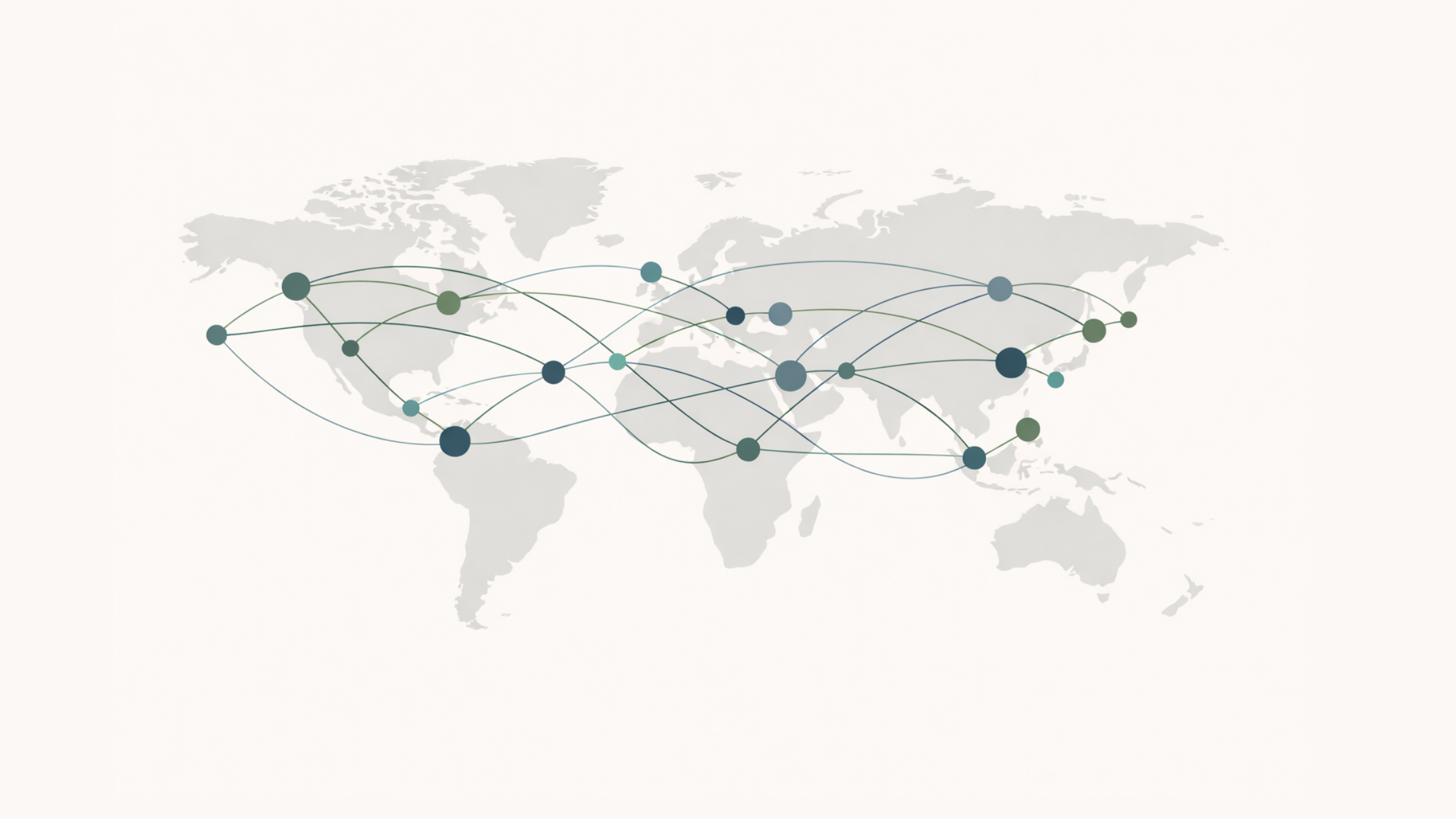Richmond Global Sciences (RGS) seeks to provide comprehensive tech solutions for key stakeholders committed to making a positive impact on the Environment and Society while generating Financial Returns. It provides impact analysis and financial data insight to public, private, and fixed income investors.
CSRHub is now integrating this data into its consensus Environment, Social, and Governance (ESG) ratings system. Unlike other ratings sources, RGS does not seek to fit companies into a curve (best to worst, with a bulge in the middle). Instead, it estimates the financial impact that a company has on society through its greenhouse gas emissions, waste, data breaches, hiring, and other ESG-related issues.
RGS’s unique approach created some challenges when we first sought to integrate its data into our system. The chart below shows that only 11% of the companies studied were “bad actors” on impact and only 1% were “super bad.”
These results are not ‘traditional’ ESG scores, but rather show how much positive or negative impact a company has if all their impacts were accounted for and priced as $ of impact for every $ of revenue generated. That would in essence mean that any companies with lower than a -$1 would be unprofitable if all of their negative impacts were to be priced in.

Fortunately, we have seen other absolute measures such as those Richmond Global provides. For instance, most carbon and pollutant emission sources have similar long tails. After processing through our normalization engine, we got F Scores between 5 and 11 for signals that affect our environment and social ratings. (An F score above 2 suggests at least a 95% chance that two signals are related.)
All of the entities RGS shared data for were already in CSRHub’s rating system. (You can see a list of the RGS-covered entities here). This means that those who want to pair impact with CSRHub’s outside-in consensus signal can now do so. RGS covers most of the world’s largest entities. About half of the entities RGS has data for are from North America.
We expect to soon offer sets of impact estimates from RGS within CSRHub’s ESG Roadmap report. This will allow companies to quickly compare their impact on society against that of selected groups of their peers. Please contact us if you’d like to be one of the first testers of this new feature.
 Bahar Gidwani is CTO and Co-founder of CSRHub. He has built and run large technology-based businesses for many years. Bahar holds a CFA, worked on Wall Street with Kidder, Peabody, and with McKinsey & Co. Bahar has consulted to a number of major companies and currently serves on the board of several software and Web companies. He has an MBA from Harvard Business School and an undergraduate degree in physics and astronomy. He plays bridge, races sailboats, and is based in New York City.
Bahar Gidwani is CTO and Co-founder of CSRHub. He has built and run large technology-based businesses for many years. Bahar holds a CFA, worked on Wall Street with Kidder, Peabody, and with McKinsey & Co. Bahar has consulted to a number of major companies and currently serves on the board of several software and Web companies. He has an MBA from Harvard Business School and an undergraduate degree in physics and astronomy. He plays bridge, races sailboats, and is based in New York City.
About CSRHub
CSRHub offers the most comprehensive global set of Consensus ESG (Environmental, Social, and Governance) ratings, information, and tools. CSRHub’s business intelligence system measures the ESG business impact that drives corporate and investor sustainability decisions. Founded in 2007, CSRHub covers 55,000 public and private companies, and provides ESG performance scores on over 35,000 companies from 135 industries in 210 countries. Our Big Data platform uses algorithms to aggregate, normalize and weight ESG metrics from 933 sources to produce a strong consensus signal on corporate sustainability performance.


.png)
